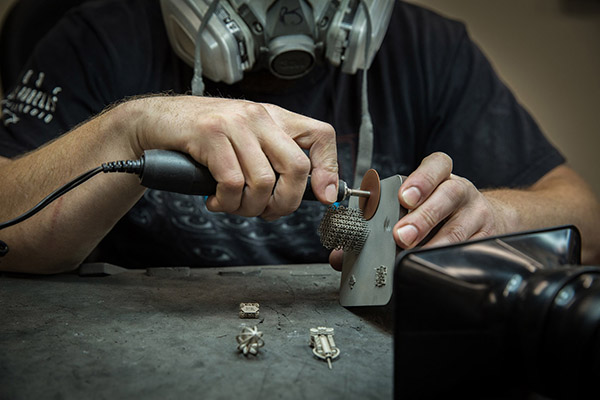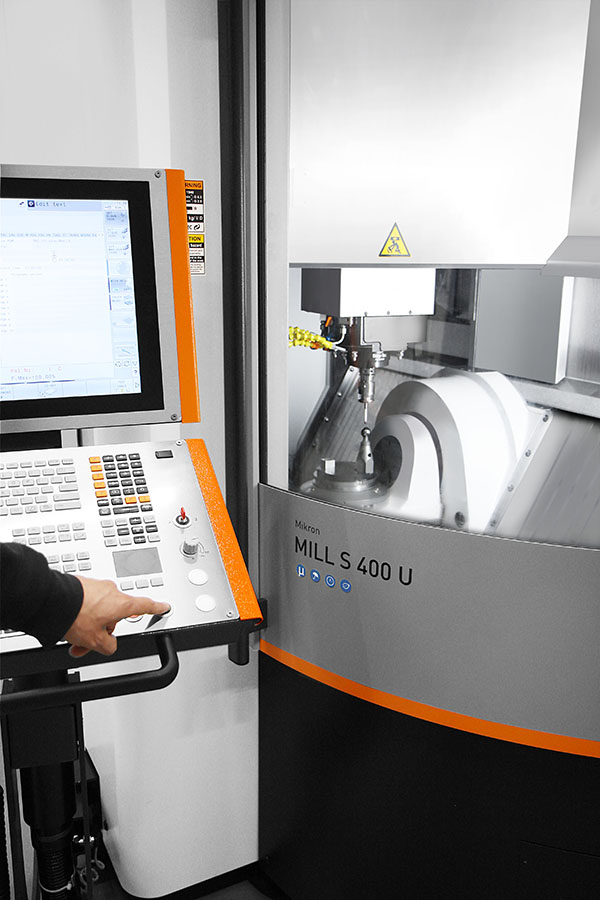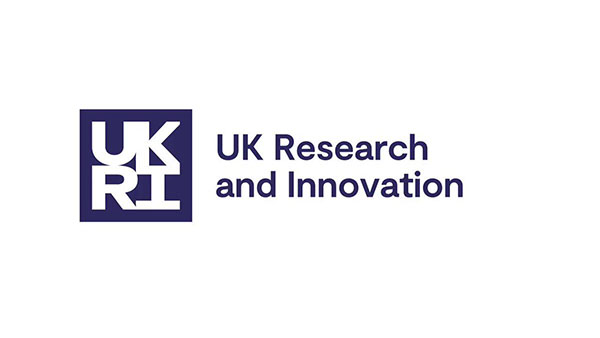Following several years of development, TM Robotics has released the new TS5000 robot controller. The new controller forms a launch pad for the next generation of industrial robots from Shibaura Machine — formerly known as Toshiba Machine. Boasting faster position control, the TS5000 improves robot precision and shortens cycle times.
The TS5000 robot controller has been engineered by Shibaura Machine’s experts in Japan. Compared with previous controllers, the TS5000 provides improved synchronisation and control. Positioning cycles are three times faster than previous models, allowing more control during fast movements. Combined with an automatic adjustment function for acceleration, these features reduce vibration and stress.
Communication functions of the TS5000 have also been enhanced. The controller enables real-time data transmission between the robot and controller, allowing manufacturers to integrate the system into a smart factory environment. Additionally, this improved communication enables vibration analysis for predictive and preventative maintenance.
The new TS5000 has dedicated ports for status feedback and control, allowing additional ports for priority communications such as vision interfacing and control. For non-protocol communication, the TS5000 boasts eight ports — a four-fold increase on the previous TS3000 model.
As well as improved communication, the TS5000’s physical features have been upgraded. Achieving a 33% smaller footprint than previous controllers and weighing just 10 kg, the controller has minimal impact on factory footprint. This compact design also allows for easy installation.
Alongside the new controller, TM Robotics has released the new TP5000 teach pendant as an optional add-on. Sometimes referred to as a ‘teach box’, a robot’s teach pendant is used to control the robot manually. This addition is important for maintenance and troubleshooting purposes, as well as fine tuning the robot after installation is complete.
For further information www.tmrobotics.com






















